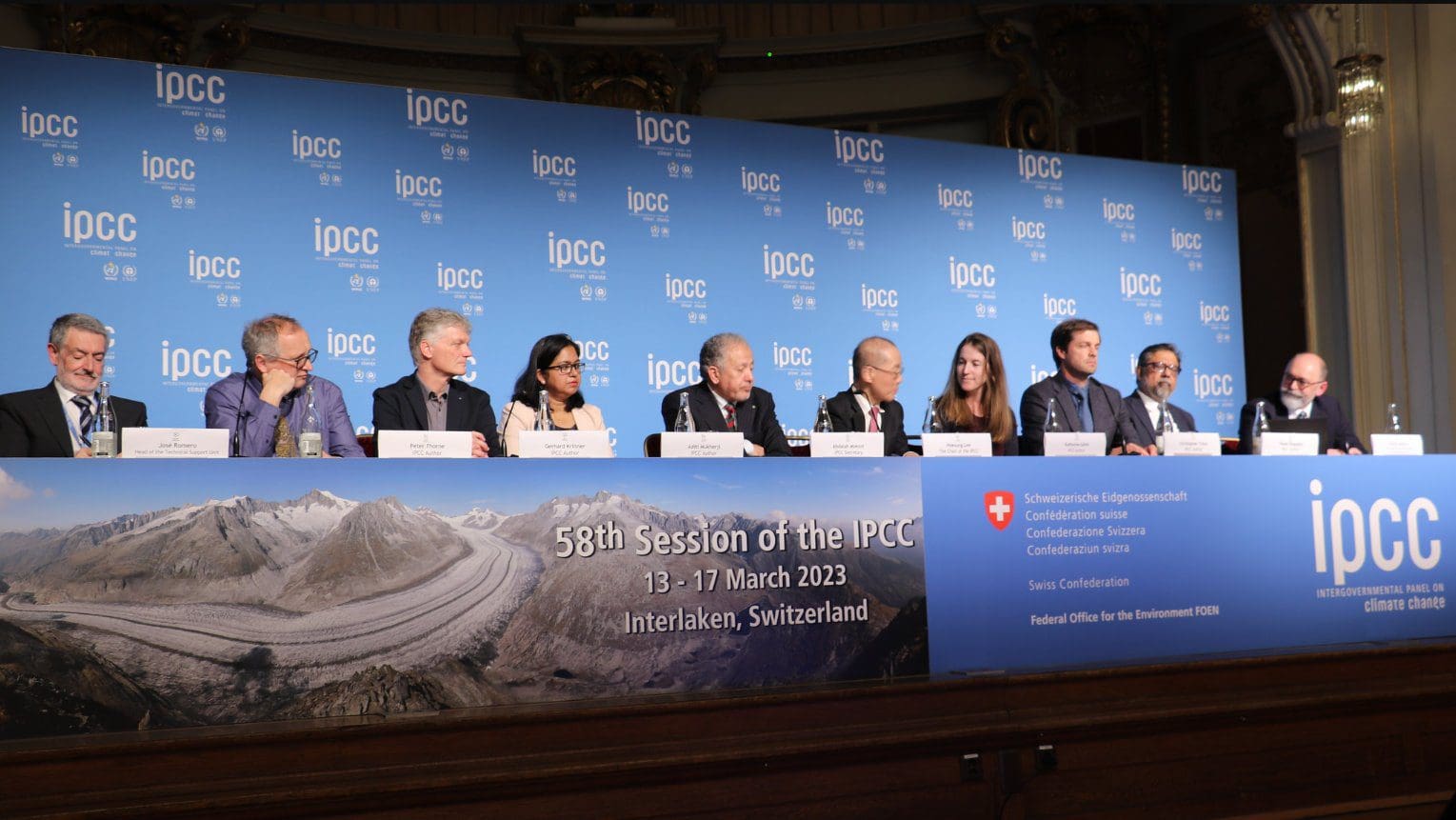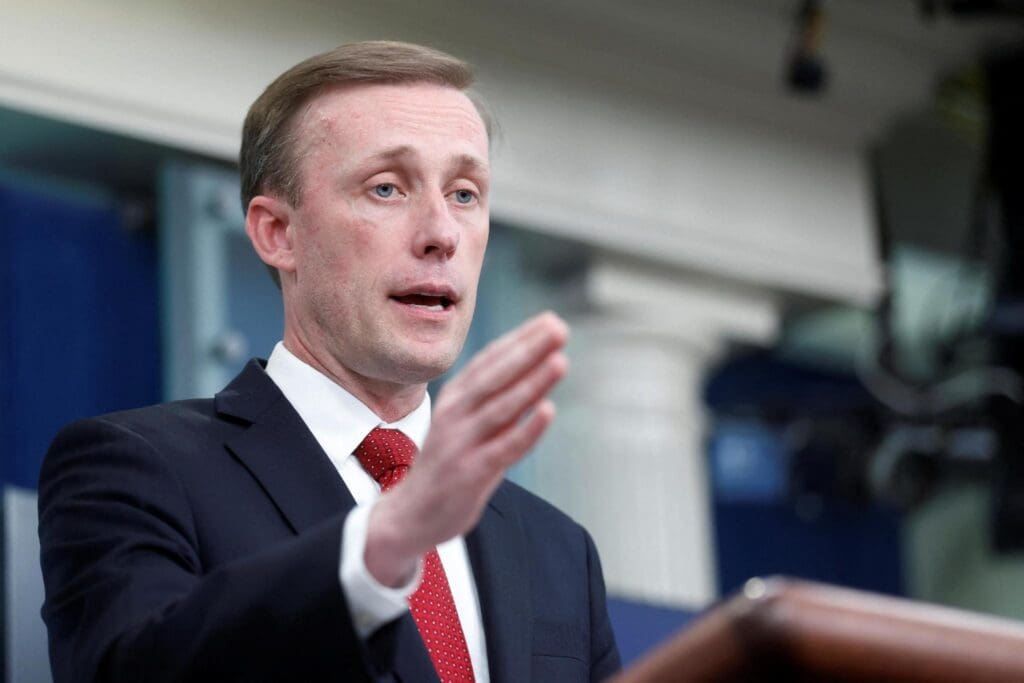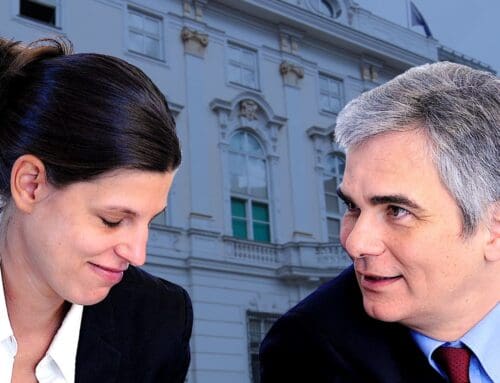

IPCC Acknowledges Unlikelihood of Several Pessimistic Climate Predictions
Introduction
The Intergovernmental Panel on Climate Change (IPCC) has admitted that many of its previous climate forecasts were of „low likelihood.“ The admission comes as the IPCC releases its latest report, which warns of the catastrophic effects of global warming if action is not taken to reduce greenhouse gas emissions.
Low Likelihood Forecasts
The IPCC’s admission that many of its previous climate forecasts were of „low likelihood“ is significant because it undermines the credibility of the organization and its predictions. The IPCC is widely regarded as the leading authority on climate change, and its reports are used by governments and policymakers around the world to inform their decisions on climate policy.
The admission also raises questions about the reliability of climate models and the ability of scientists to accurately predict the future impacts of global warming. Climate models are complex computer simulations that attempt to predict how the Earth’s climate will change in response to increasing levels of greenhouse gases in the atmosphere. However, these models are based on a range of assumptions and uncertainties, and their accuracy is limited by the quality and quantity of data available.
Implications for Climate Policy
The IPCC’s admission that many of its previous climate forecasts were of „low likelihood“ has significant implications for climate policy. If the IPCC’s predictions are less reliable than previously thought, then policymakers may need to reconsider their approach to climate policy and the level of urgency with which they address the issue.
The IPCC’s latest report warns that the world is on track to exceed the 1.5°C target set out in the Paris Agreement, which aims to limit global warming to well below 2°C above pre-industrial levels. The report calls for urgent action to reduce greenhouse gas emissions and warns of catastrophic consequences if action is not taken.
However, the admission that many of the IPCC’s previous climate forecasts were of „low likelihood“ raises questions about the accuracy of these predictions and the urgency of the situation. Policymakers may need to take a more cautious approach to climate policy and consider a range of scenarios and potential outcomes, rather than relying solely on the predictions of climate models.
Conclusion
The IPCC’s admission that many of its previous climate forecasts were of „low likelihood“ is a significant development that raises questions about the reliability of climate models and the ability of scientists to accurately predict the future impacts of global warming. The admission also has implications for climate policy, as policymakers may need to reconsider their approach to the issue and the level of urgency with which they address it.
Despite these challenges, the IPCC’s latest report makes it clear that urgent action is needed to reduce greenhouse gas emissions and limit the catastrophic effects of global warming. The report calls for a range of measures, including the rapid deployment of renewable energy, the phasing out of fossil fuels, and the adoption of more sustainable land use practices. It remains to be seen whether policymakers will heed these warnings and take the necessary action to address the climate crisis
Original article Teaser
IPCC Admits Many of its Gloomy Climate Forecasts Are of “Low Likelihood”
The credibility of the disaster-addicted Intergovernmental Panel on Climate Change (IPCC) has been dealt a damaging blow with recently-published research showing that 42% of its climate scenarios rely on improbable rises in future temperature that even the UN-funded body believes are of “low likelihood”. The research notes the IPCC admission of improbability is “deeply buried” in the full Sixth Assessment Reports (AR6), and is “unlikely to be read by the policy makers”. The authors note that significant and important sections of the full IPCC work emphasise these improbable claims, “potentially invalidating those sections of the report”. Climate and emissions outline SSP5-8.5 assumes a rise of around 5°C by the end of the century. It was always somewhat detached from reality and
Details to IPCC Admits Many of its Gloomy Climate Forecasts Are of “Low Likelihood”









